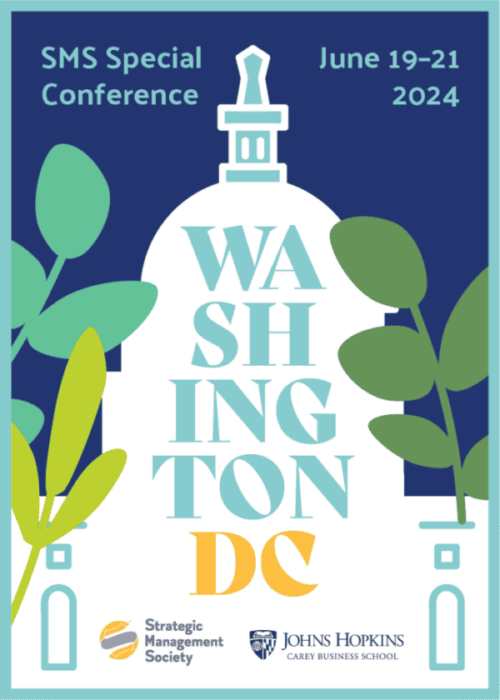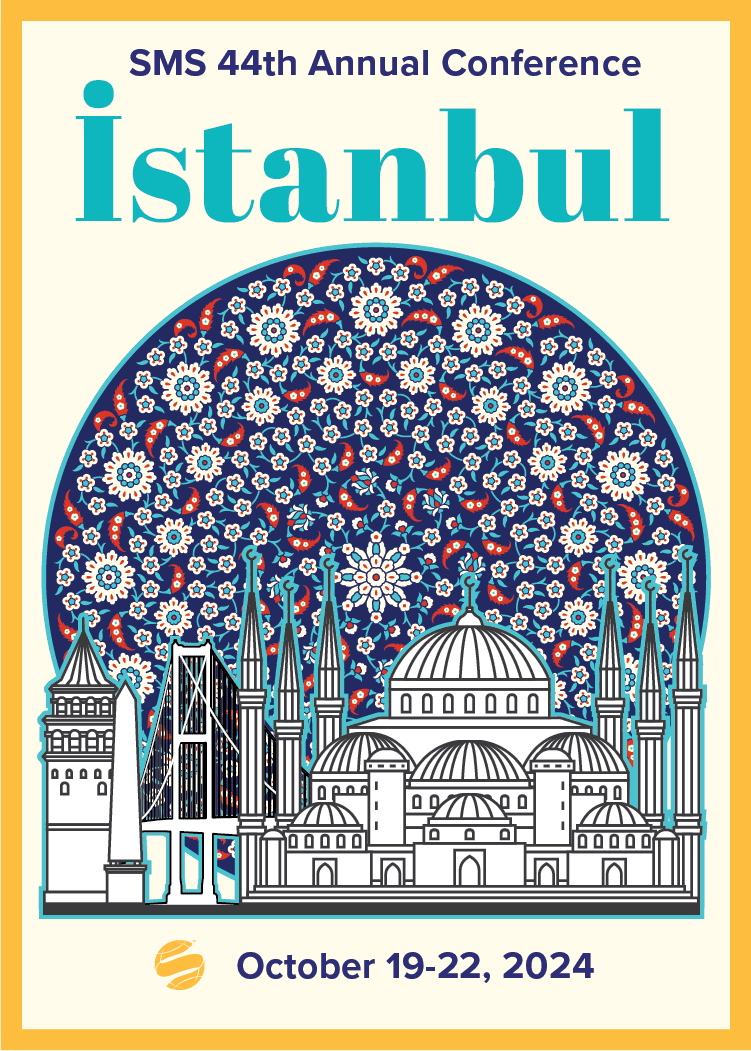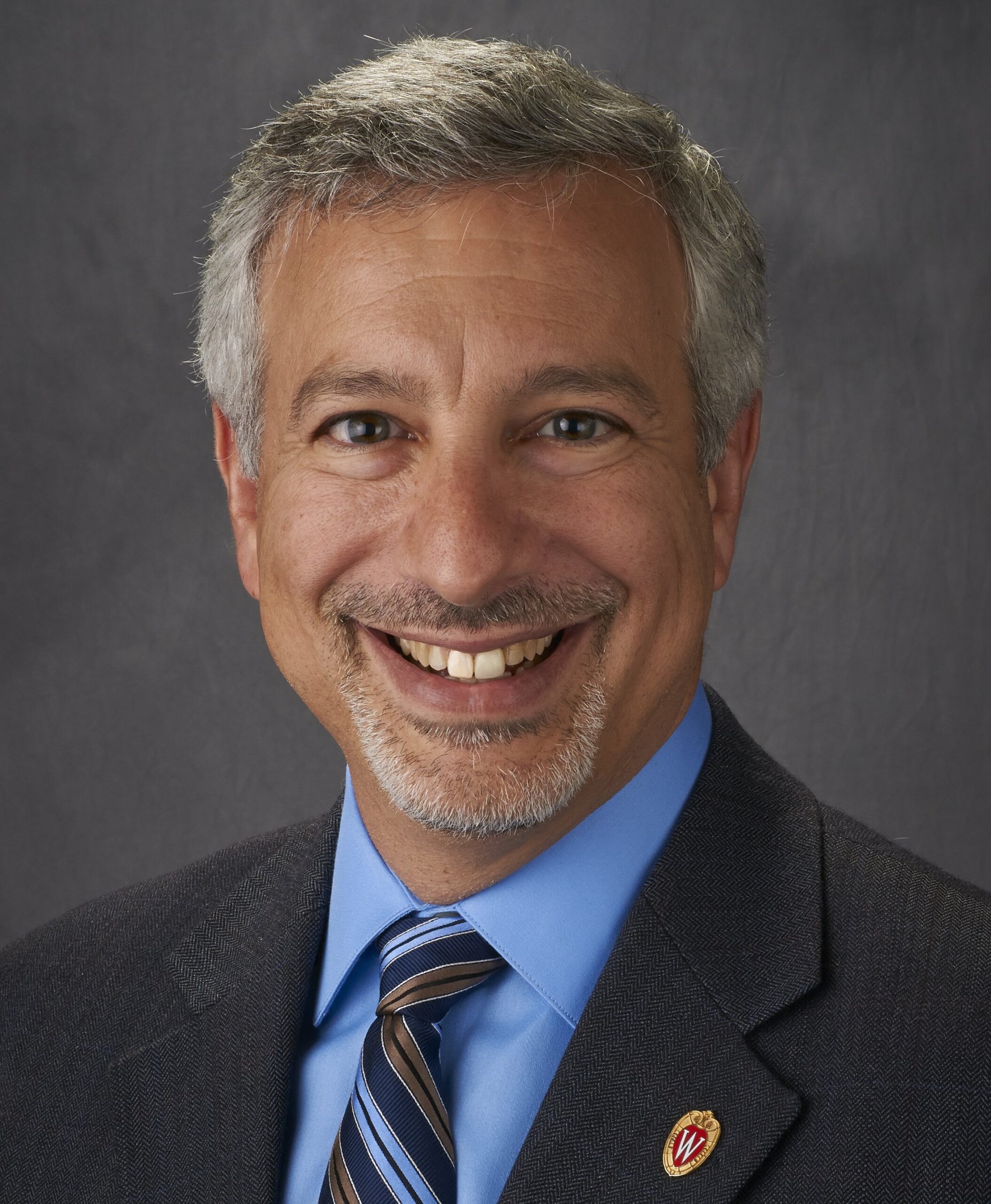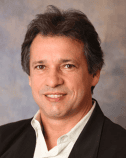SMS Explorer
The SMS Explorer offers business practitioners, consultants, and academics the latest insights and takeaways in strategic management, entrepreneurship, and global business from the SMS Journals.
The Six Big Questions in Strategic Management
The “Six Big Questions of Strategic Management” serve to focus conversations between industry and academia, providing an outline of forward-looking and provocative ideas that direct interested scholars toward areas of research that can inspire business leaders toward impactful actions.




